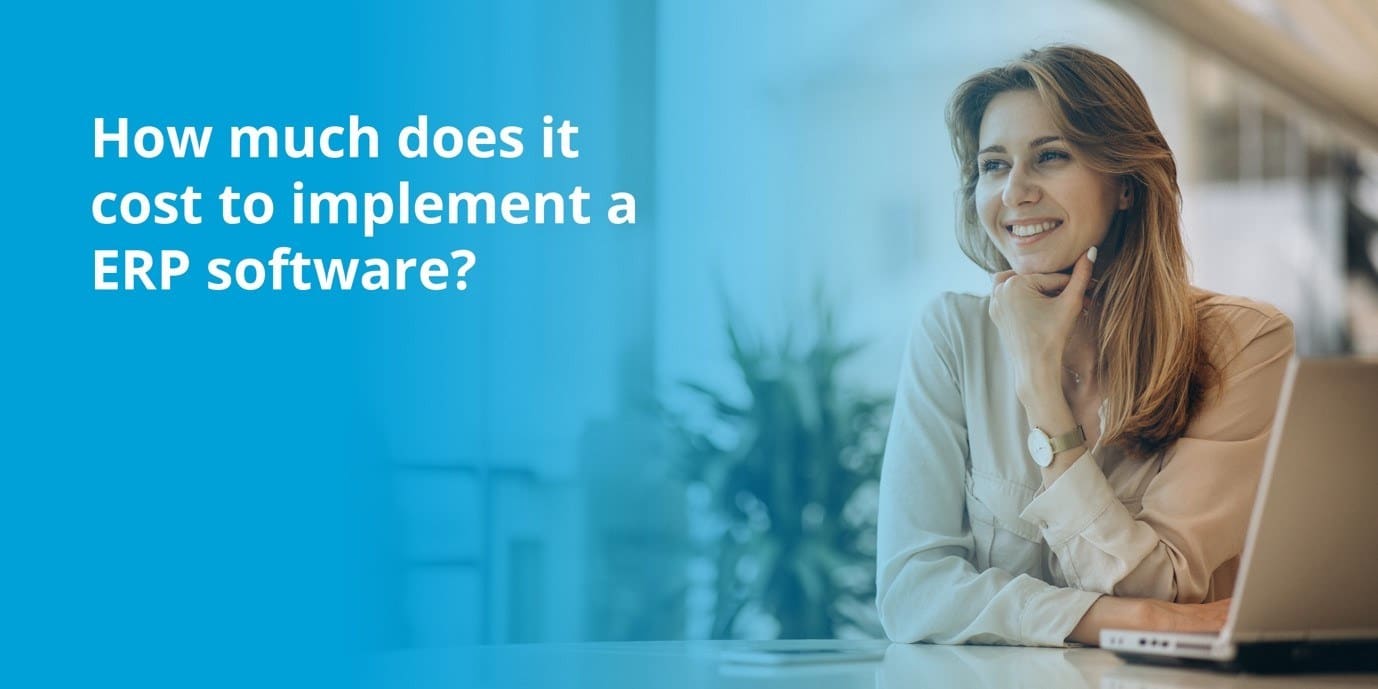Maintaining a competitive edge is essential for any business because it ensures a company’s future. ERP, commonly referred to as enterprise resource planning, gives your company the required competitive edge. The use of ERP has risen significantly and is still moving upward. ERP helps to manage information and procedures throughout the company, with a focus on back-end functions like accounting, planning and scheduling, supply chain management, and inventory control. Any size firm may automate processes, maintain data integrity, and get real-time visibility with the help of ERP. ERP is becoming a requirement for modern corporate success.
Here are the uses and everything related to ERP you need to know.
What is ERP?
The term ERP refers to a class of software that helps businesses to handle routine operations involving accounting, purchasing, project management, risk management, and compliance. Enterprise performance management, a piece of software that aids in planning, budgeting, forecasting, and reporting financial outcomes for a business, is also a component of a complete ERP system.
ERP systems
Enterprise resource planning (ERP) systems are comprehensive, integrated platforms that install on-premises or in the cloud and help to manage every part of a production- or distribution-based firm. ERP systems also assist your vital accounting function with all facets of financial administration, human resources, supply chain management, and manufacturing. There are different ERP software for architects and engineers available online, with BQE CORE being one of the most popular ones.
How ERP system affect business?
The business procedures will be more efficient with an ERP system. The ERP system promotes transparency and intercommunication because it has a single data source. It facilitates improved departmental and staff collaboration, which raises business productivity and performance.
By identifying the gaps in your operations and processes, ERP enables you to make improvements that have a favorable effect on your company. Key decision-makers inside the organization can make wise choices if they have current data in real-time. An informed choice can increase efficiency, lower costs, and increase profitability. An ERP gives you information about your business unit, identifies inconsistencies, and studies patterns to provide insights into every process. The ERP system increases a company’s productivity by integrating various organizational systems and enabling error-free transactions and production.
Uses of ERP
Here are the uses of ERP systems in the business sector
Streamlines work
An ERP system streamlines and automates all business processes and spares you from tedious tasks and potential errors associated with human data entry. It improves the efficiency of your business process, allowing you to use your resources more wisely to increase production and get the highest profit in the future.
An ERP system will assist your company in streamlining the track of transactions, charges, and expenses. The most recent accounting system upgrade and exceptionally accurate data further simplify bank statements. This function will make it simpler for business accountants to generate appropriate financial reports. For example, ERP software for architects can assist architects with a variety of tasks, including managing budgets and expenses and keeping track of projects.
Manage inventory
With the assistance of ERP software, you can swiftly create reorder points and manage inventory across numerous branches and locations. This function will improve your ability to manage your inventory assets, reduce human mistakes, and complete your work quickly. We know that systems manage inventory considerably more effectively than humans can.
Handle stocks
ERP software is used to handle the procurement process for your business, and it will also keep you informed everywhere and at all times. The stock count is accessible in real-time. Making the correct decision for the production operations will be easier for the production team.
CRM
With the help of ERP software, it will be easy to create a unified system for handling thousands of clients and customers. Increase your lead conversions by gaining immediate access to all the consumer data you need. Increase sales by utilizing all of your ERP’s resources. By making use of the features of ERP software such as CRM, you may innovate and optimize your workforce in order to increase sales rather than operations. For example, engineers can manage client relations and other internal project tasks with the help of CRM software for engineering firms.
A final word:
Through a centralized system, enterprise resource planning (ERP) connects and coordinates business operations. Organizations can efficiently plan and manage their resources with improved visibility.
ERP systems promote open communication and information exchange throughout the company. It results in higher synergies across teams and departments as well as better productivity and efficiency.



